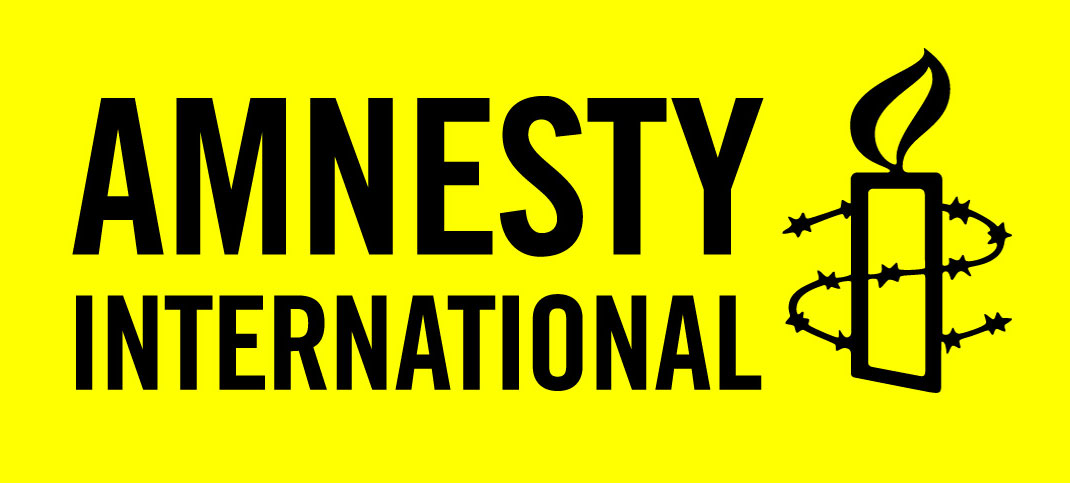
The Australian government has engaged in lies and cover-ups of horrific abuses in offshore detention. New Zealand must speak out.
Following last week’s Amnesty International and Human Rights Watch reporting on the appalling abuse of refugees on Nauru and the leak featured today on The Guardian of Nauru files, the New Zealand government must respond to the evidence of horrific treatment of people in Australia’s offshore detention and processing centres.
“This leak has laid bare a system of routine dysfunction and cruelty that is at once dizzying in its scale and utterly damning for the Australian authorities who tried so hard to maintain a veil of secrecy,” Amnesty International’s Senior Director for Research Anna Neistat said today.
“Australia’s offshore ‘processing’ of refugees must end, and all of the refugees and asylum seekers on Nauru and Manus Island must be resettled immediately and given the medical and psychological support they need. It is clear from these documents, and our own research, that many have been driven to the brink of physical or mental breakdown by their treatment on Nauru,” said Anna Neistat.
Grant Bayldon, Executive Director of Amnesty International New Zealand, said, “New Zealand is already party to a so far unused agreement with Australia to resettle 150 people from Australian centres. The New Zealand government must respond to this human rights emergency by pressing to be part of the resettlement solution.”
Last week Amnesty International and Human Rights Watch revealed that refugees and asylum seekers on Nauru routinely face horrific sexual abuse and inhumane conditions.
Six women described sexual assault or harassment, including groping, touching, explicit threats, demands for sex, and attempted rape. One woman said that on two occasions Nauruan men tried to drive her to the jungle when she was catching a ride with them, clearly intending to rape her. She also said that at one point she got a job at a shop on the island but had to quit after the first day because other employees kept touching her.
Nearly all of those interviewed reported mental health issues of some kind—high levels of anxiety, trouble sleeping, mood swings, and feelings of listlessness and despondency —that they said began when they were transferred to Nauru. In many cases, the consequences appeared to be severe—they repeatedly self-harmed, cutting their hands or banging their heads against the wall. They did not speak to anybody for months, did not recognize their relatives, and stayed in bed for weeks, refusing to go outside or take showers. One woman told researchers that during her time on Nauru she had begun to wash her hands compulsively, hundreds of times a day.
Many of those interviewed said they have developed severe anxiety, inability to sleep, mood swings, prolonged depression, and short-term memory loss on the island. Children have begun to wet their beds, suffered from nightmares, and engaged in disruptive and other troubling behaviour. Adults and children spoke openly of having wanted to end their lives.
“The exposure of just how appalling the conditions on Nauru are – and the impact of this on refugees – has to end the government of Australia’s denials,” said Anna Neistat.
“The Australian government has engaged in one of the most successful mass cover-ups I’ve witnessed in my career of documenting human rights violations. They’ve repeatedly said this kind of abuse has not been going on. They’ve been lying.”





